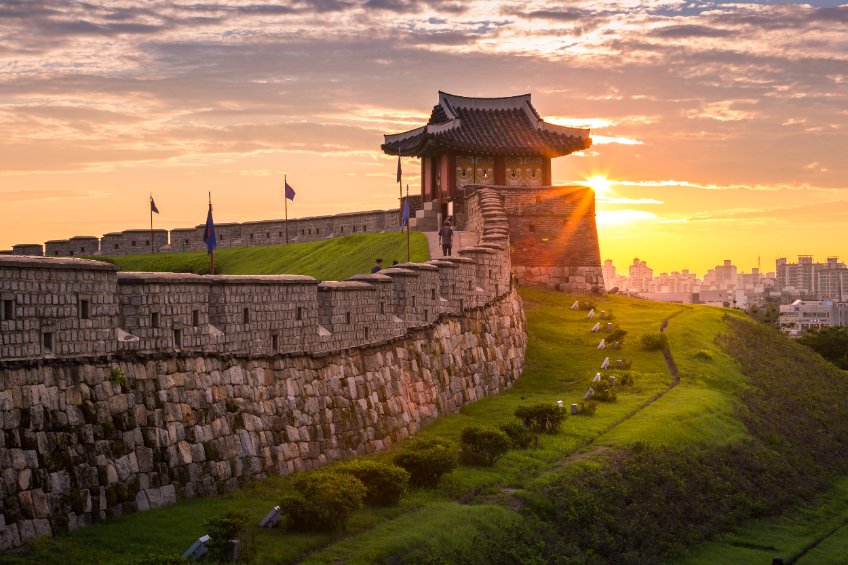Is South Korea Communist?

Is South Korea Communist?
Is South Korea a Communist country? :A Comprehensive Analysis
Introduction
Given the proximity and common historical origin of North and South Korea, it’s not uncommon for confusion to arise regarding their contrasting political systems. The question “Is South Korea Communist?” is an indication of this confusion, and it is essential to understand that the political landscape of South Korea is vastly different from its northern counterpart. To elucidate, South Korea is not a communist state, and this article aims to offer a comprehensive explanation.
Political Structure
South Korea, officially known as the Republic of Korea, operates under a presidential system, which is fundamentally different from communism. The country’s political framework, established by the Constitution of the Republic of Korea in 1948, is a democratic republic where the president is the head of state and a prime minister is the head of government. The president is directly elected by the public for a single five-year term. In contrast, communist countries operate under a single-party system, and leaders are often not directly elected by the people.
Economic Structure
South Korea’s economy is also far removed from the concept of communism. The country operates a mixed economy, leaning heavily toward capitalism, characterized by private ownership and free-market principles. This economic framework propelled South Korea to becoming one of the leading economies in the world, often referred to as the “Miracle on the Han River”.
In contrast, a communist economy operates on the idea of common ownership, where resources and means of production are owned by the community or state, and profits are equally distributed among the people. It’s worth noting that no country, including those often labeled as “communist,” strictly adheres to this theoretical model of communism in practice.
Social Freedom and Human Rights
South Korea is also distinguished by its emphasis on civil liberties, human rights, and social freedoms, characteristics typically suppressed in communist regimes. Freedom of speech, press, assembly, and religion are constitutionally protected in South Korea, though, like any nation, it has ongoing challenges and room for improvements. Conversely, communist states often enforce strict government control over such freedoms, and dissent may be met with substantial repercussions.
Conclusion
In conclusion, South Korea is not a communist state. It is a democratic republic with a capitalist-oriented economy and a constitution that protects various civil liberties and human rights. Although it shares the Korean Peninsula with North Korea, a state with a communist-influenced system, their political, economic, and social structures are fundamentally different. Therefore, it is essential to separate the two when considering their political ideologies and systems of governance. The question of “Is South Korea Communist?” thereby receives a categorical “No” as an answer.










